
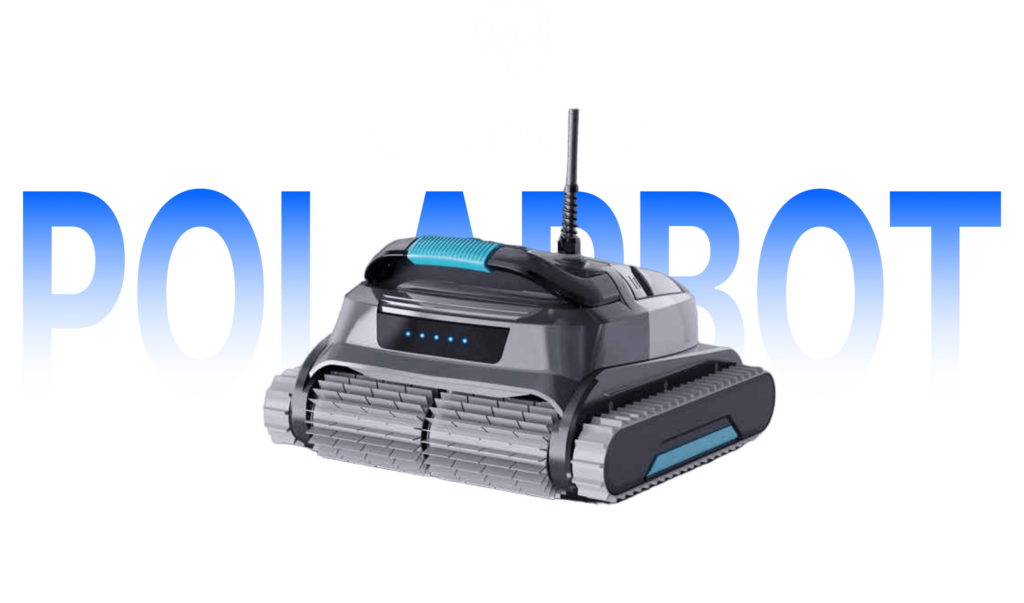
The Polar Power Bot is designed for modern pool owners who seek efficient and hassle-free pool cleaning. With a range of smart features and reliable performance, it’s the right choice for those looking to simplify pool maintenance.
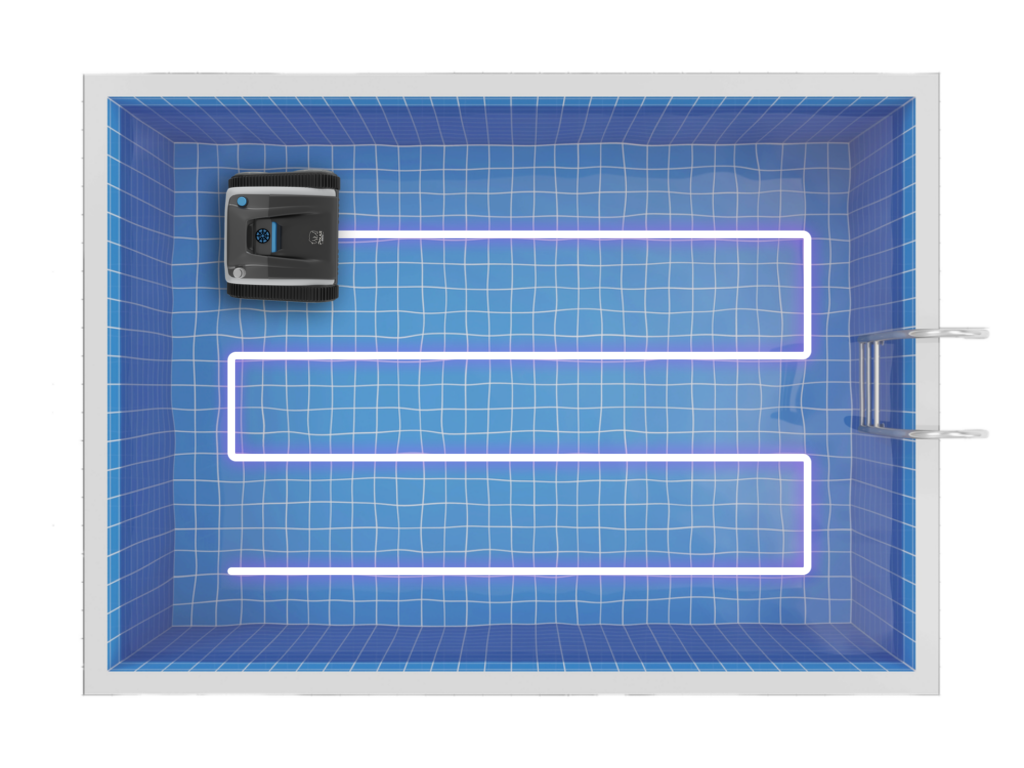
With advanced gyroscopes and depth sensors, our pool robot can "see" the pool, intelligently planning the most efficient cleaning path for optimal cleaning performance. It also won't get stuck at the drain as it can smart self-rescue.
It effortlessly climbs pool walls without the risk of falling like other robots. Its powerful suction and intelligent navigation system allow it to effectively clean vertical surfaces, including tiles, concrete, and vinyl walls. Say goodbye to unsightly dirt and grime on your pool walls and enjoy a pristine swimming environment.
By setting a scheduled cleaning time, you can automatically arrange the robot to clean on specific days, without the need for manual operation. This ensures your pool stays clean at the desired time and saves you the time and effort of manual cleaning each time.
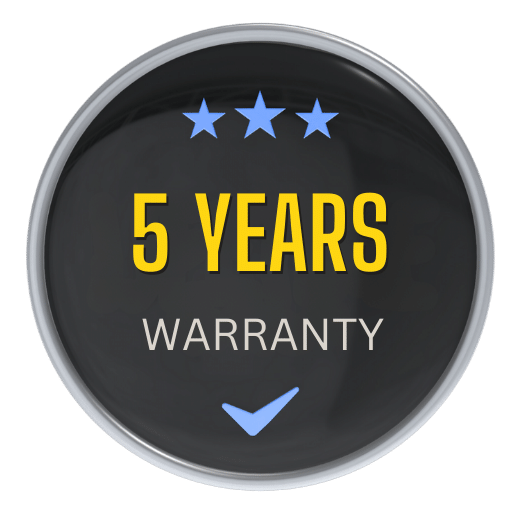
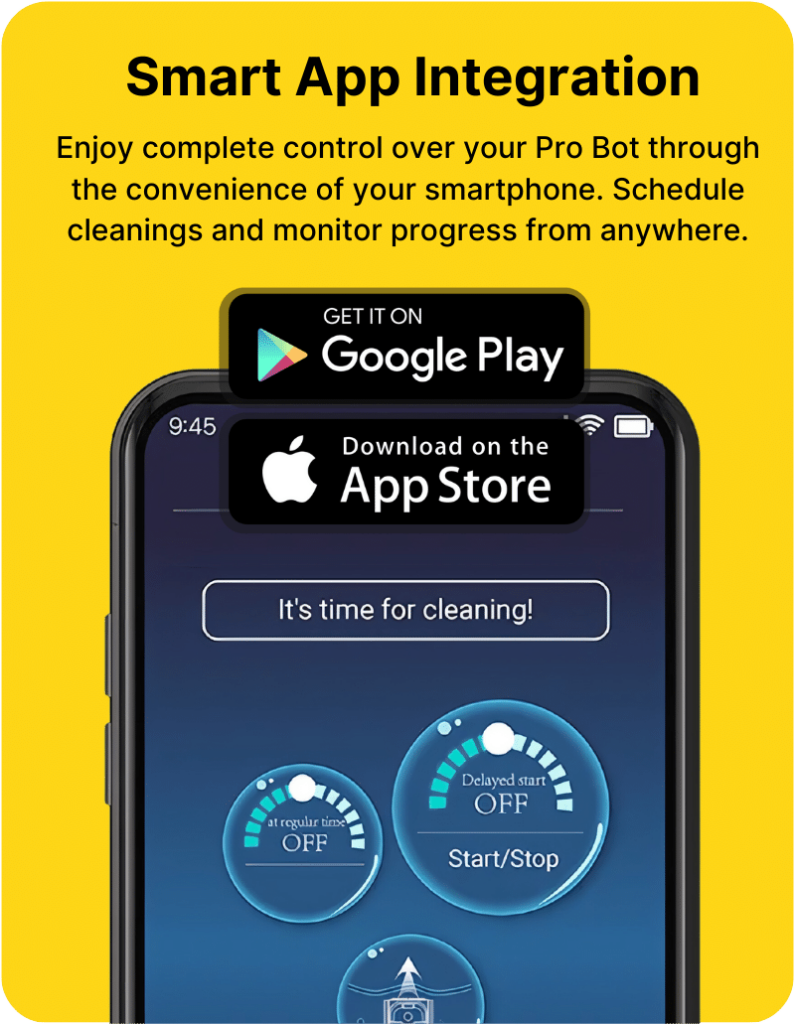
Compare Products | 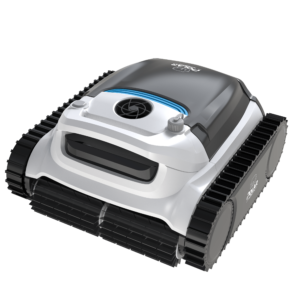 | 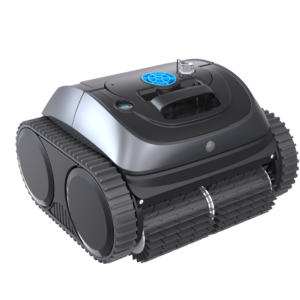 | 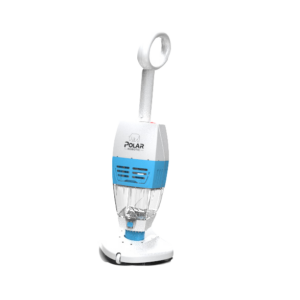 | 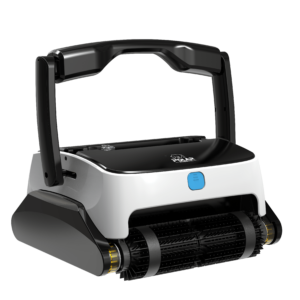 | 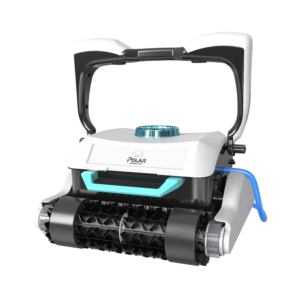 | 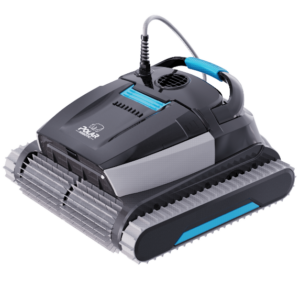 |
|---|---|---|---|---|---|---|
| Title | Polarbot Emperor Wireless | Polarbot Nanook Pro Wireless | Polarbot Diveson Spa & Step Vac | Polarbot Gentoo Wired | Polarbot Gentoo Heavy Duty Wired | Polarbot Orca Wired |
| Price | Sale Price: $2,240.00 | Sale Price: $1,920.00 | Sale Price: $240.00 | Sale Price: $2,000.00 | Sale Price: $2,400.00 | Sale Price: $2,080.00 |
| Total Weight | 10 kg | 7.5 kg | 1.6 kg | 11 kg | 18 kg | 10.5 kg |
| Add to cart | Add to cart | Add to cart | Add to cart | Add to cart | Add to cart | Add to cart |
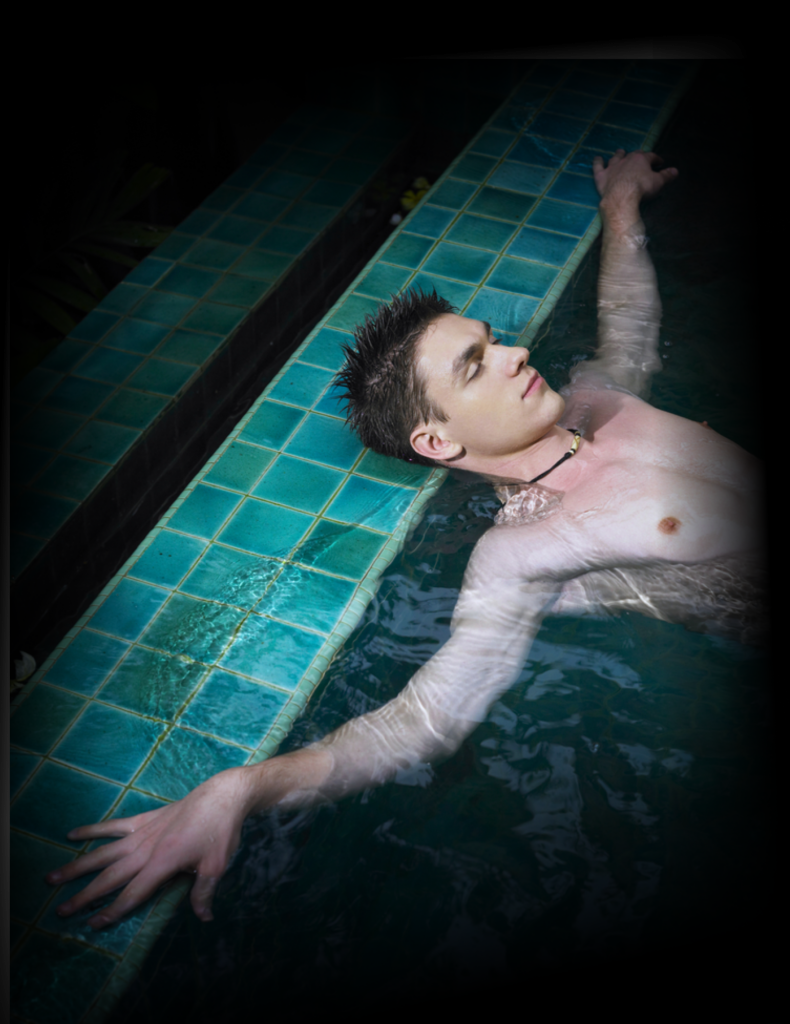

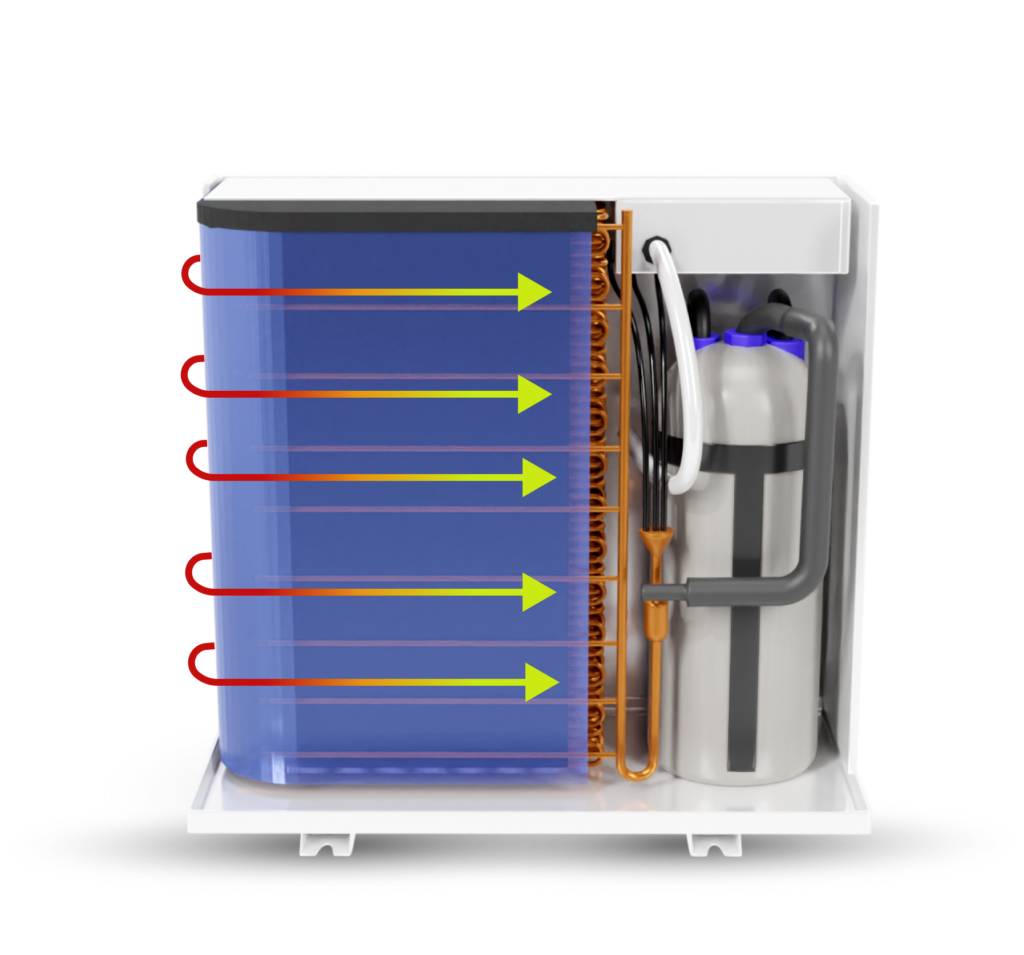

The heart of every Polar system, our UltraCore™ technology ensures optimal heat exchange efficiency, delivering unmatched COP values and energy savings.

Engineered for quiet operation, our SilentShield™ design minimizes operational noise, creating a tranquil pool area.
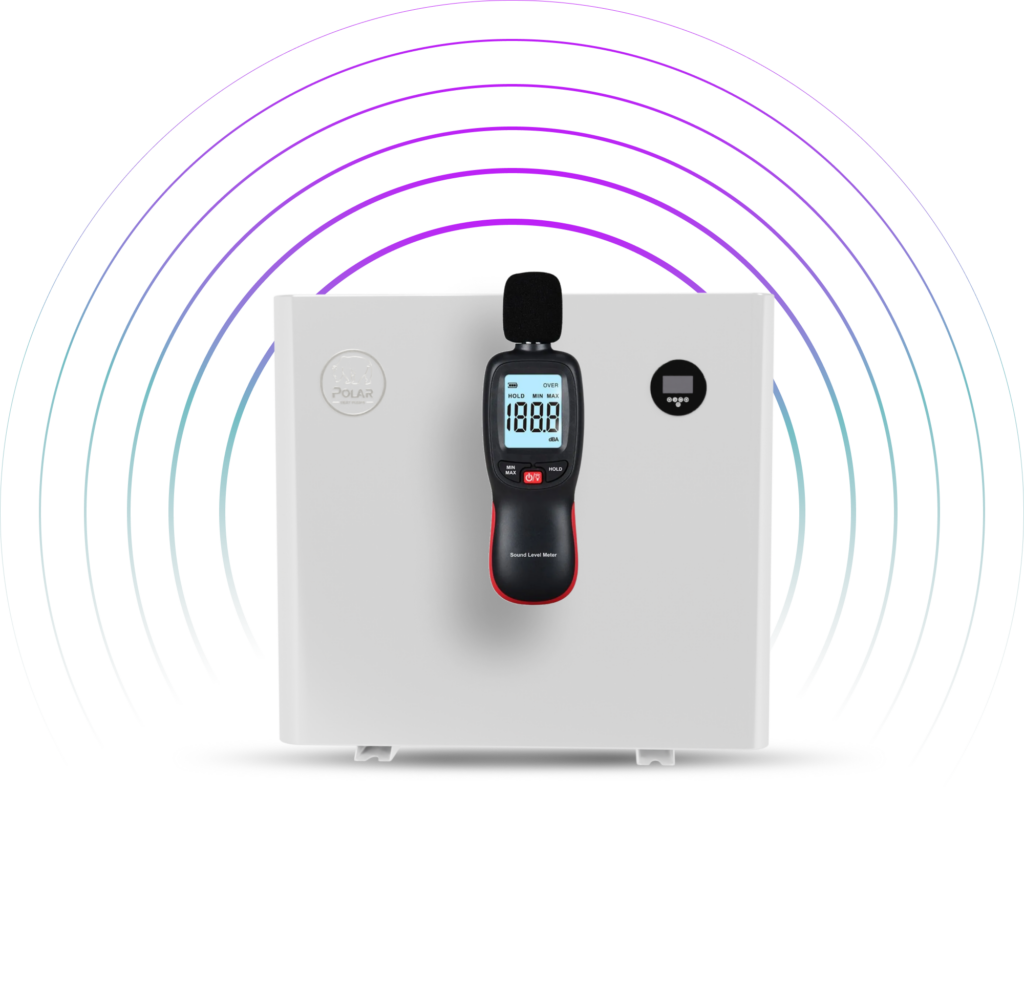
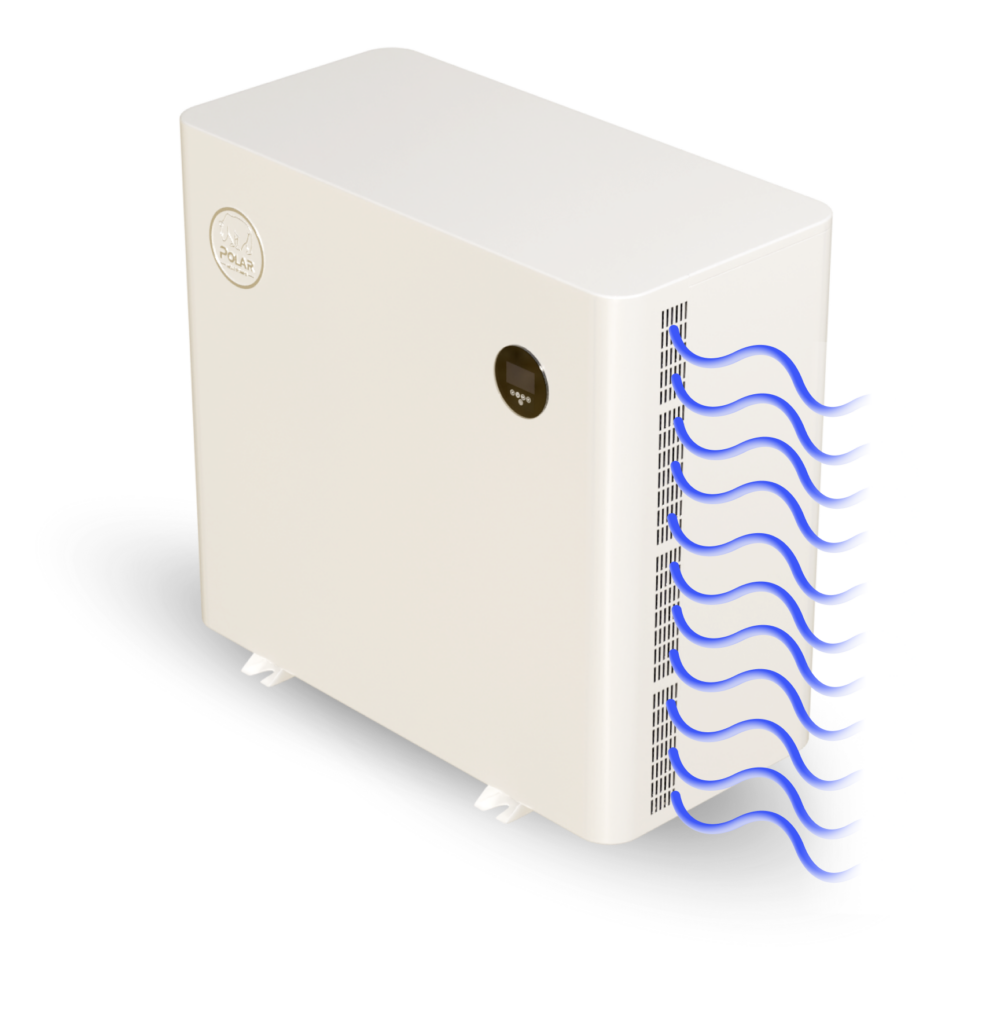


With twelve operational modes, our PremiumFlex™ system lets you customize your pool environment to suit your every mood and need.
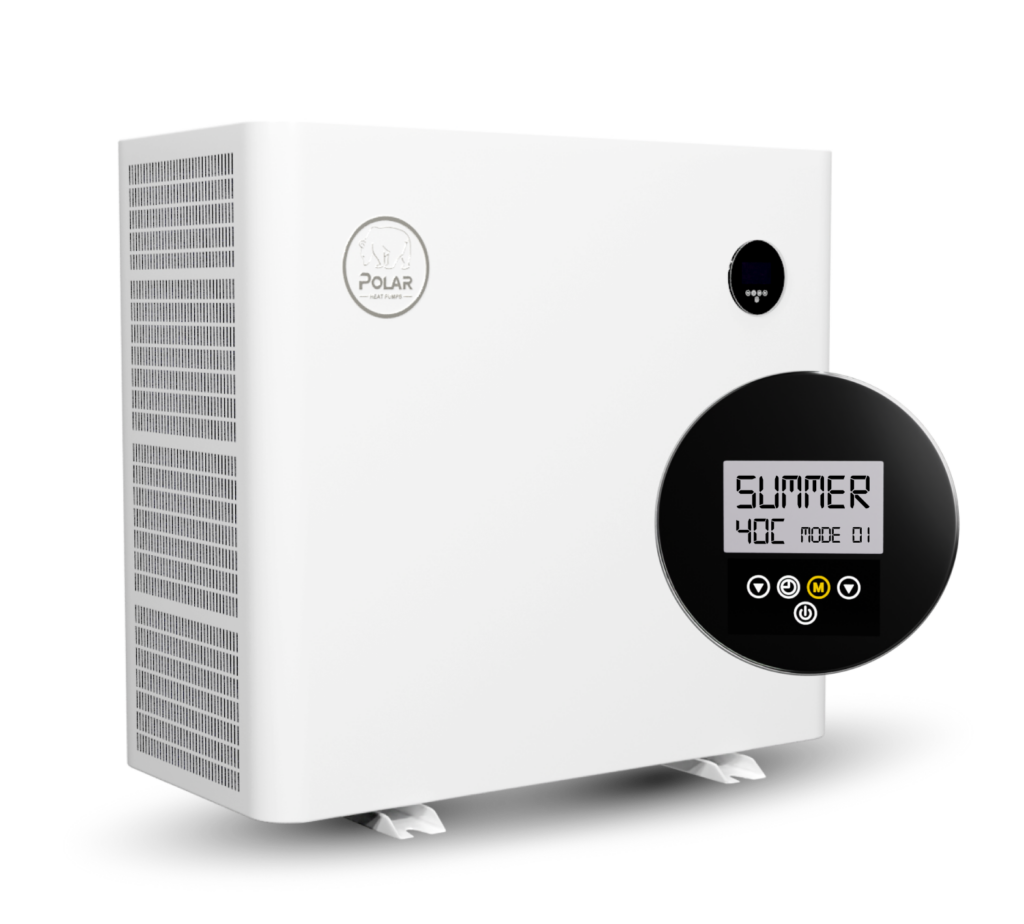
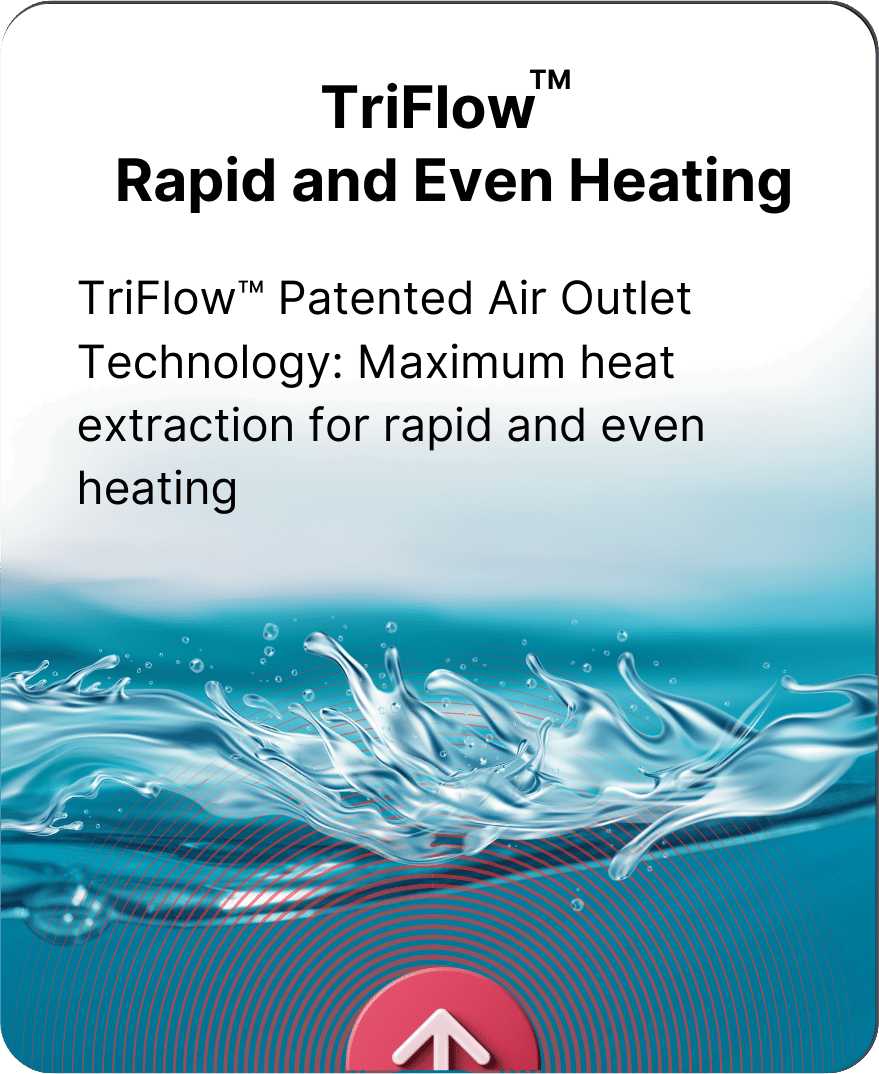
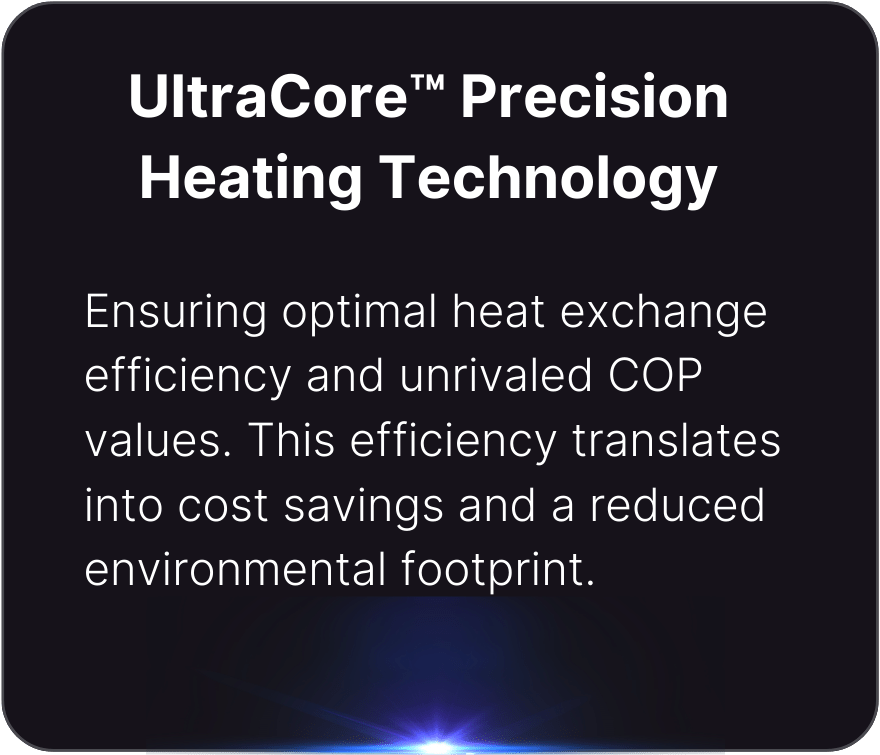
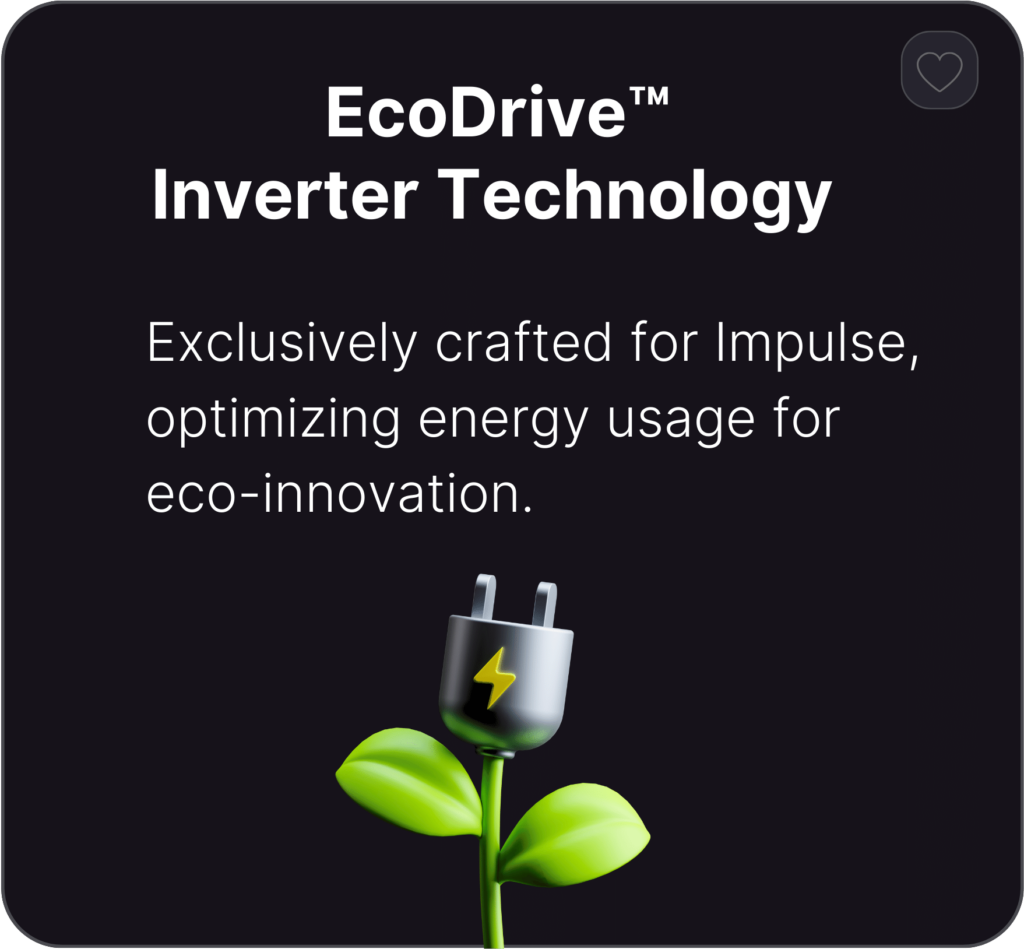
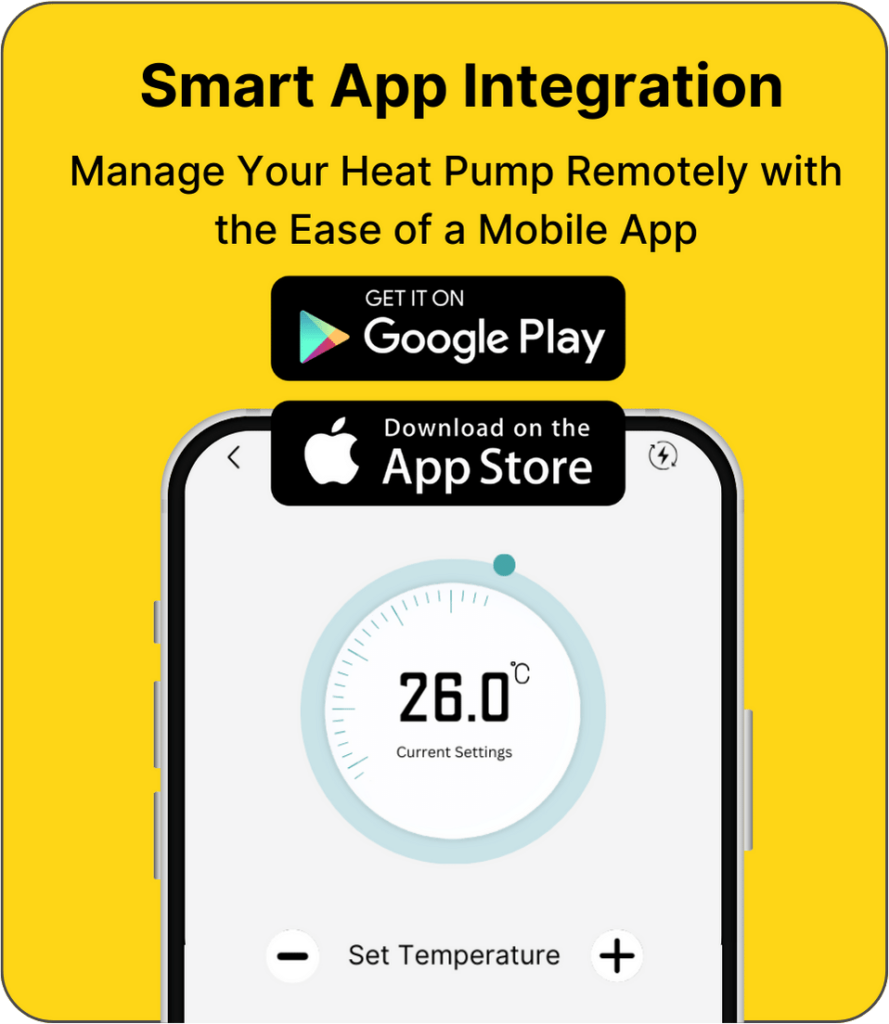
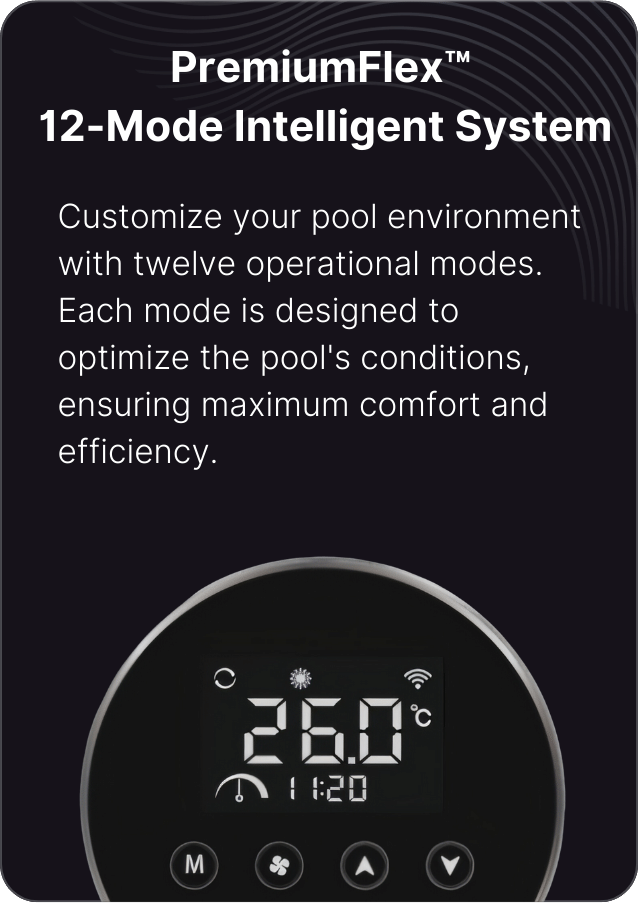
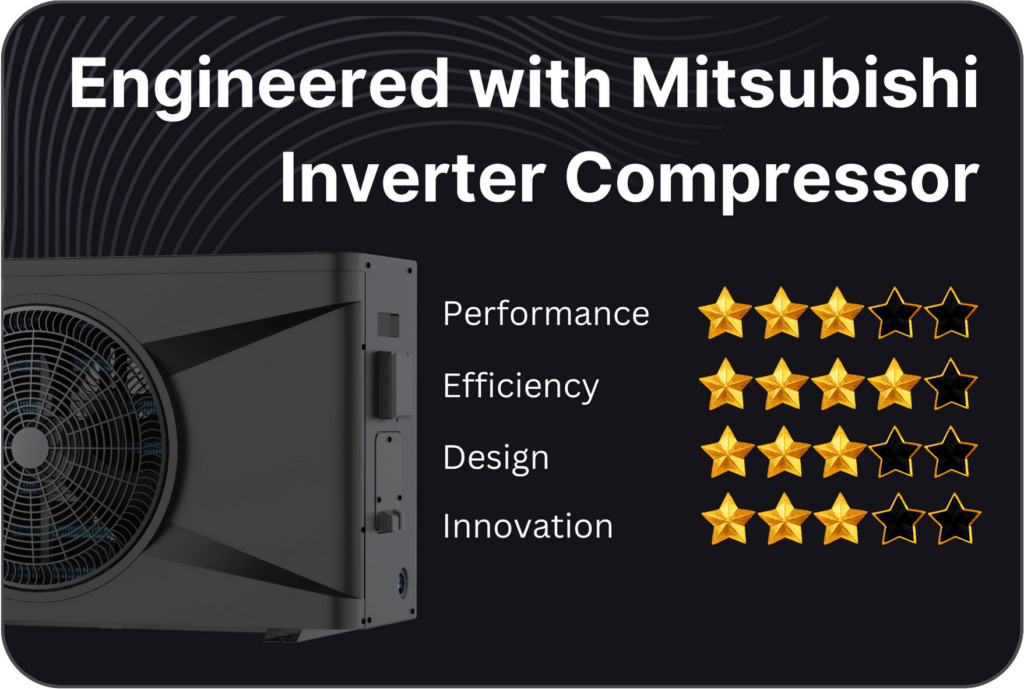
Imagine transforming your pool into a year-round oasis of comfort right in your backyard. That’s the experience over 155 homeowners are enjoying with our Polar Heat Pump. With 45 years of expertise behind us, we recognize excellence when we see it. Polar pumps are giving you stress-free maintenance, and energy bills that don’t make you cringe.
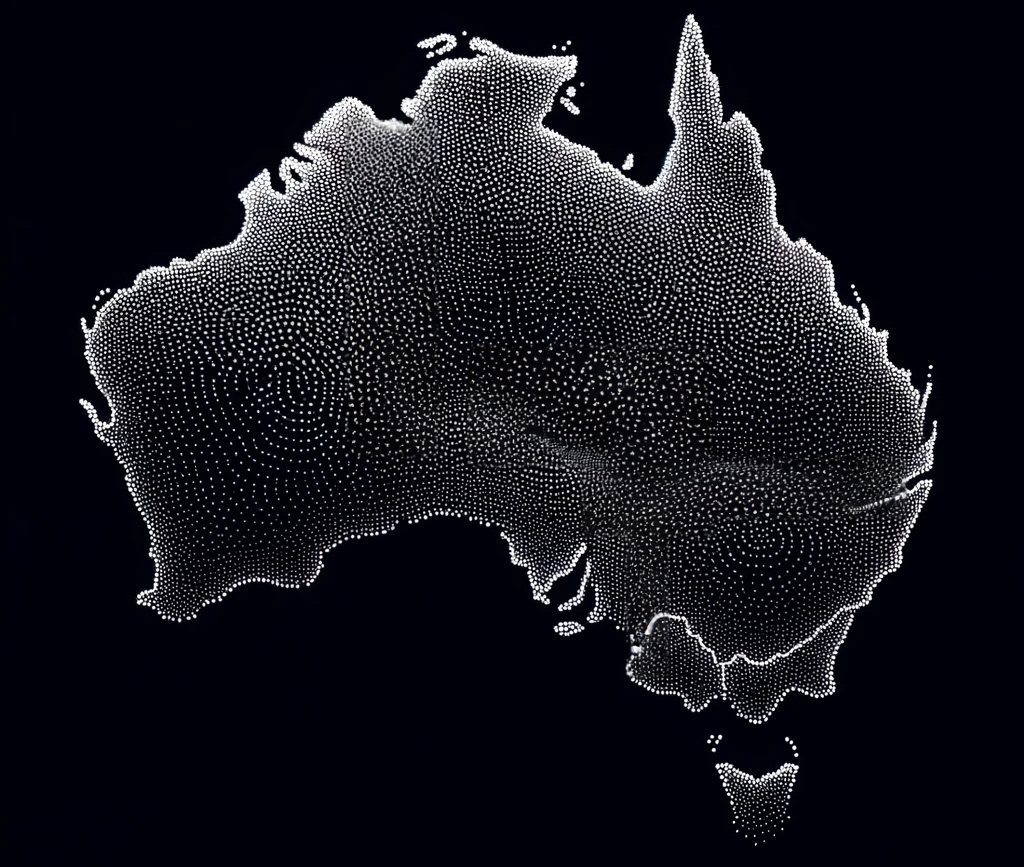
⚡ Unmatched Energy Efficiency: Our revolutionary Polar Pump boasts a Coefficient of Performance (COP) of up to 16 – that’s up to 3 times more energy-efficient than standard ON/OFF systems.
💰 Save More on Energy Bills: Embrace significant savings on your electricity bills. With Polar Pump, luxury doesn’t have to cost the earth. It’s high performance that pays for itself.
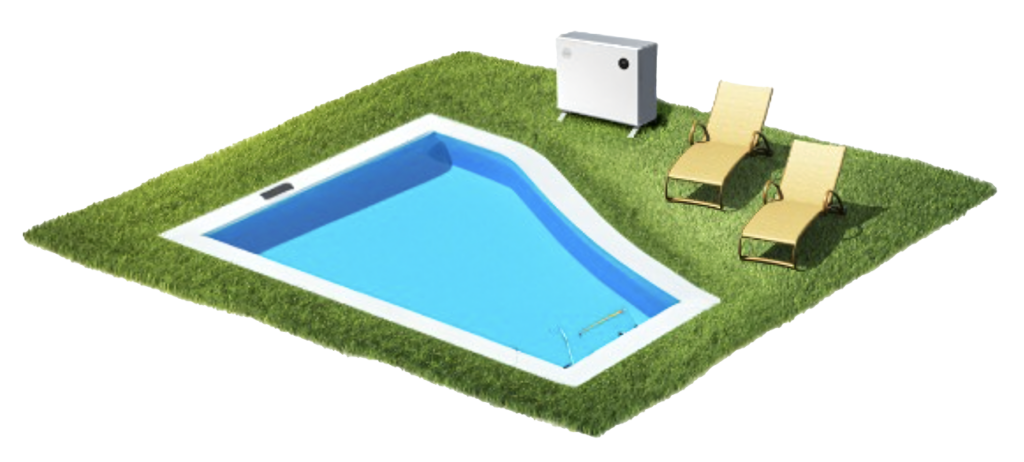
Embrace Australia’s finest pool experience with Polar Pump’s patented TriFlow™, SilentShield™, PremiumFlex™, and UltraCore™ core technologies – Quiet, Efficient & Modern.

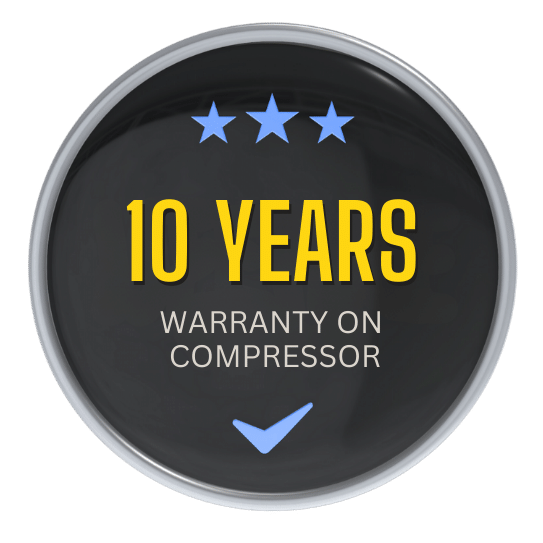
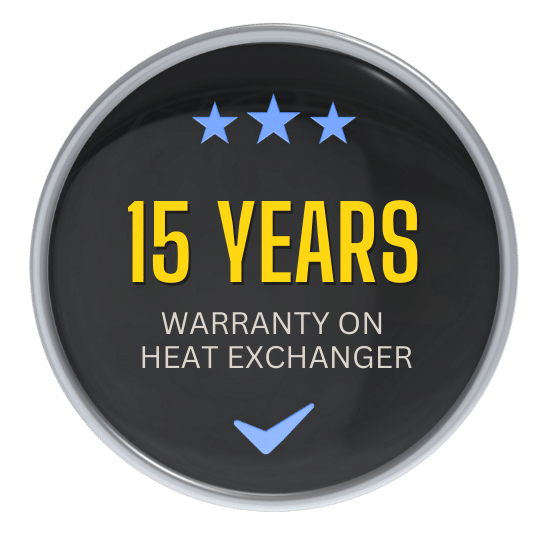
Don’t see the answer to your question?
Choosing the right swimming pool heat pump for your home can feel like a puzzle, but it’s simpler than you think! The key factors to consider are:
It’s true, the upfront cost of a gas heater might seem more wallet-friendly compared to an electric swimming pool heat pump. However, when it comes to long-term savings, electric heat pumps take the lead by a mile! Here’s why:
Running Costs: Running a gas heater can be up to 5 times more expensive than an electric heat pump. Over time, those costs add up, making electric pumps a more economical choice in the long run.
Lifespan: Electric pool heat pumps aren’t just about savings; they’re also about longevity. They typically last three times longer than gas heaters, meaning less frequent replacements and more years of uninterrupted pool enjoyment.
Maintenance Costs: When it comes to upkeep, electric heat pumps are also more cost-effective. They generally require less maintenance compared to their gas counterparts, saving you both time and money on servicing.
Eco-Friendly: There’s also the green aspect to consider. Electric heat pumps can integrate seamlessly with renewable energy sources, like photovoltaic (PV) systems. This means you have the option to power your pool heating in an eco-friendly way, reducing your carbon footprint and contributing to a healthier planet.
In summary, while gas heaters may offer a lower initial price, electric pool heat pumps win in terms of overall efficiency, cost-effectiveness, lifespan, and environmental sustainability.
When selecting the exact spot for your heat pump, consider these tips:
Proximity to Pool: Ideally, it should be close to your swimming pool for efficient operation.
Ventilation: Ensure there’s adequate space around the unit for airflow to prevent overheating.
Away from Obstructions: Keep it clear from overhanging branches or other potential blockages that could affect its performance.
Ease of Access: Choose a location that allows easy access for maintenance and servicing.
Aesthetic Consideration: While functionality is key, consider how the unit blends with your outdoor space for a seamless look.
By following these guidelines, you’ll ensure optimal performance and longevity for your pool heat pump, making your swimming experience comfortable and hassle-free.
COP, or Coefficient of Performance, measures the efficiency of pool heat pumps. It’s a ratio of energy output to input. For example, a heat pump with a COP of 10 uses 8kW of electricity to produce 80kW of heat. Polar heat pumps are highly efficient, with an average COP of 10, meaning they produce 10 times the heat for each unit of energy used, making them a cost-effective and energy-efficient choice for pool heating.
The time it takes for an inverter pool heater to warm up your swimming pool depends on a few factors, including the air temperature. While our heat pumps can operate even in chilly conditions (as low as -15 degrees), they work by extracting heat from the surrounding air. So, the warmer and more humid the air, the more efficiently they can heat your pool.

We're here to make sure that your pool is not just a feature, but a centerpiece of your home. Our selection of pool technologies, including advanced heat pumps, sets the standard for energy efficiency and silent operation.

Unit 9, 7-9 Progress Circuit, Prestons 2170, NSW, Australia
Rapid Heat Australia PTY LTD. ©2024 All Rights Reserved.
🇦🇺 Australia’s Leading Pool Heating Manufacturer
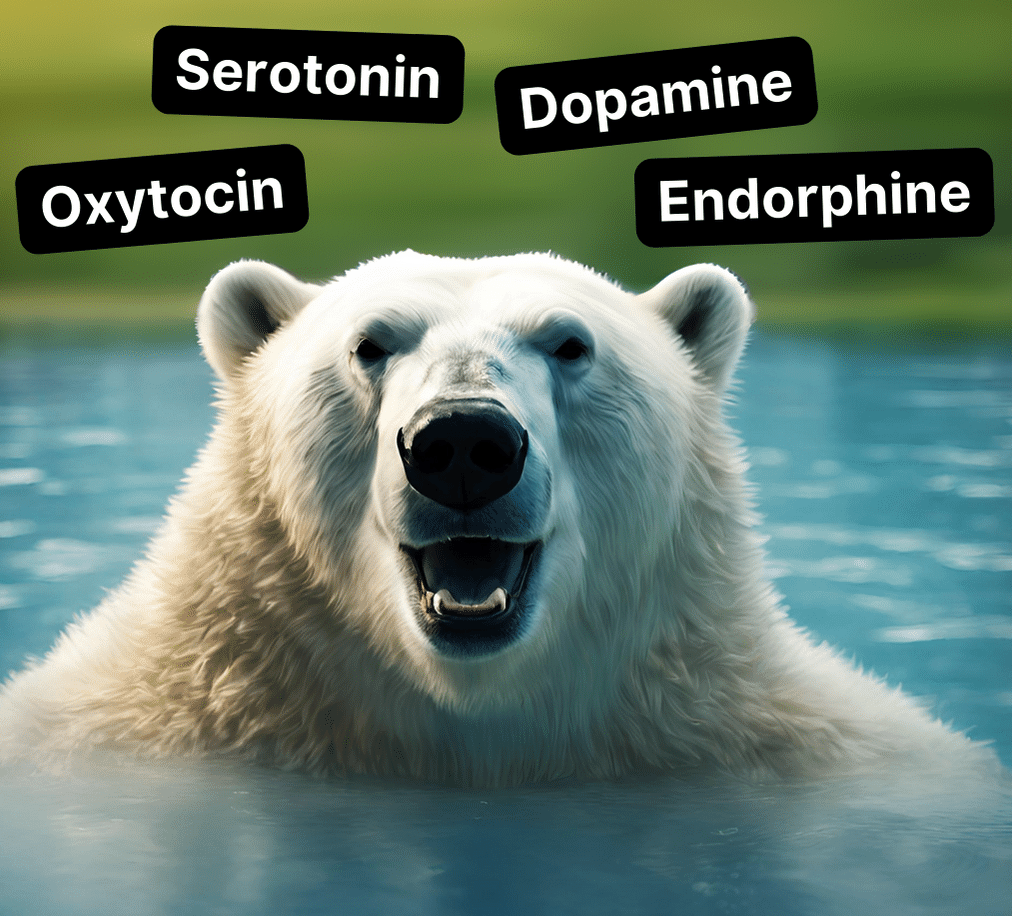
If you need fast and efficient service, you’ve come to the right place! Our team is dedicated to providing prompt and effective solutions to all your inquiries.
Your submission is now in our pool of priorities! We’re currently swimming through the details. Hang tight, a response is on its way soon!